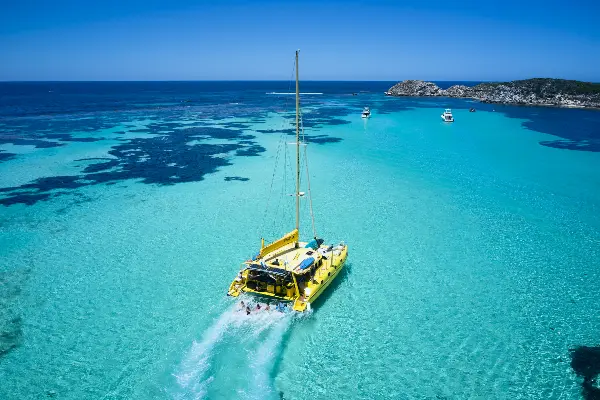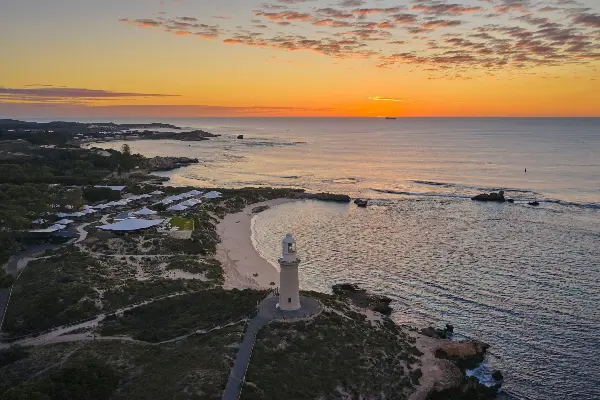Dive in and find yourself amongst some of the world’s most unique marine gardens.
The waters surrounding Wadjemup / Rottnest Island are home to numerous snorkelling spots featuring tropical fish, coral gardens, and even shipwrecks that are sure to fascinate.
While you may have heard of popular spots like The Basin and Little Salmon Bay, why not wander beyond the well-travelled path? Grab your snorkel and head to these spots to submerge yourself in a world of vibrant marine life and dazzling underwater landscapes. These lesser-explored spots promise not only unforgettable adventures but also a deeper connection with the ocean’s wonders.
Henrietta Rocks
If you like a touch of mystery with your underwater explorations, grab your mask and snorkel and head straight to Henrietta Rocks. Here, just 50 metres from the shore, lies an intriguing shipwreck which hosts a whole range of fascinating sea creatures. With shallow waters all around, it's the perfect spot for snorkelling fun, whether you're a first-timer or a seasoned explorer.
How to get there: Henrietta Rocks is located on the south-east corner of Wadjemup, about 3 km from Thomson Bay. Hop off at Stop 3 if you’re taking the Quokka Coaches Island Explorer bus. Or it’s an easy cycle from Thomson Bay along the coast, which will take you approximately 10 minutes, depending on how fast you pedal.
Parker Point
You might be familiar with the panoramic views from Parker Point’s iconic stairs and the picturesque sight of boats gently swaying on the water here. Yet, beneath the surface you’ll also find an underwater playground teeming with a variety of djildjit (fish) and a vibrant pink coral reef. This striking aquatic landscape owes its allure to its protected status as a designated marine sanctuary zone.
Parker Point also features its own snorkel trail, a series of information panels carefully installed on the seabed that will tell you all about the sea life you may meet in the waters here.
How to get there: Easily accessible by bicycle, Parker Point is approximately 5 km from the main settlement or a 17-minute cycle. Or simply hop on the Quokka Coaches Island Explorer and get off at Stop 5. For the more nautically inclined, you can even get there by boat, as it provides ideal anchorage conditions.
Rocky Bay
Venture to the western tip of the island where you’ll find a narrow stretch of land connecting the two halves of Rottnest Island. It’s here that you’ll find Rocky Bay - the perfect place to get away from the crowds for a peaceful snorkel. This coastal haven is home to an undulating rocky expanse that gives way to crystal clear blue lagoons. Dive under the water here and you’ll find yourself surrounded by a vibrant community of marine life, from schools of colourful fish to gardens of coral reef formations. If luck is on your side, you might just run into an elusive booyi (sea turtle), stingray, or octopus.
How to get there: Depending on the route you take, Rocky Bay is 10-14 kms away from the main settlement and a half-hour to 45-minute bike ride, depending on how fast you ride and how often you stop to take in the views on your journey. Alternatively, you can take the Quokka Coaches Island Explorer and hop off at Stop 13 (Narrow Neck) and take the short walk down to Rocky Bay.
Little Armstrong Bay
Picture a peaceful bay with gently lapping waves and inviting shallows – perfect for little ones or those new to the underwater world. As you wade further out, the bay’s depths increase, offering greater adventure for experienced swimmers. For an added hint of wonder, you’ll also have an opportunity at Little Armstrong Bay to encounter unique species that call the surrounding marine sanctuary home.
How to get there: Jump on the Quokka Coaches Island Explorer and get off at Stop 17. Alternatively, hop on a bike and take the 4 km, 13-minute ride from the main settlement – although we suggest being prepared for a longer journey, depending on how often you stop to admire the iconic beaches and bays along the way.
Little Parakeet Bay
A great option for younger children with its shallow water and calm conditions, this serene bay is home to a wealth of marine life, including charming little, blue-scaled fish, graceful starfish and the occasional stingray.
How to get there: Little Parakeet Bay is not far from the main settlement, about 3 km away and a 12-minute cycle depending on how fast you pedal. It’s also on the Quokka Coaches Island Explorer bus route — just hop off at Stop 18 and walk the last few hundred metres. Or travel on the Accommodation Shuttle bus to Geordie Bay and walk the rest of the way from there.
Fay’s Bay
Fay’s Bay boasts lush green maambakoort djooraly (seagrass meadows), which are able to flourish within the safety of a shallow limestone reef. This reef is also riddled with caves and channels, providing a twisting, turning playground for schools of colourful fish and sea life. With calm waters, it makes it an ideal spot for beginner snorkellers to explore and enjoy.
How to get there: Fay’s Bay sits between Longreach Bay and Geordie Bay and is located about 2 km away from the main settlement. It’s an easy 30-minute stroll or an 8-minute cycle, depending on how energetic you feel. Alternatively, you can jump aboard the Quokka Coaches Island Explorer and hop off at Stop 19 (Geordie Bay) and walk the short distance to the bay from there.
Did you know?
The temperature of the water surrounding Rottnest Island is about four degrees warmer compared to the coast of Perth. It’s all thanks to the Leeuwin Current which flows down from Indonesia.
Where to find the best snorkelling spots
Tips for a time well spent
Make your visit even more meaningful with helpful advice from those in the know.
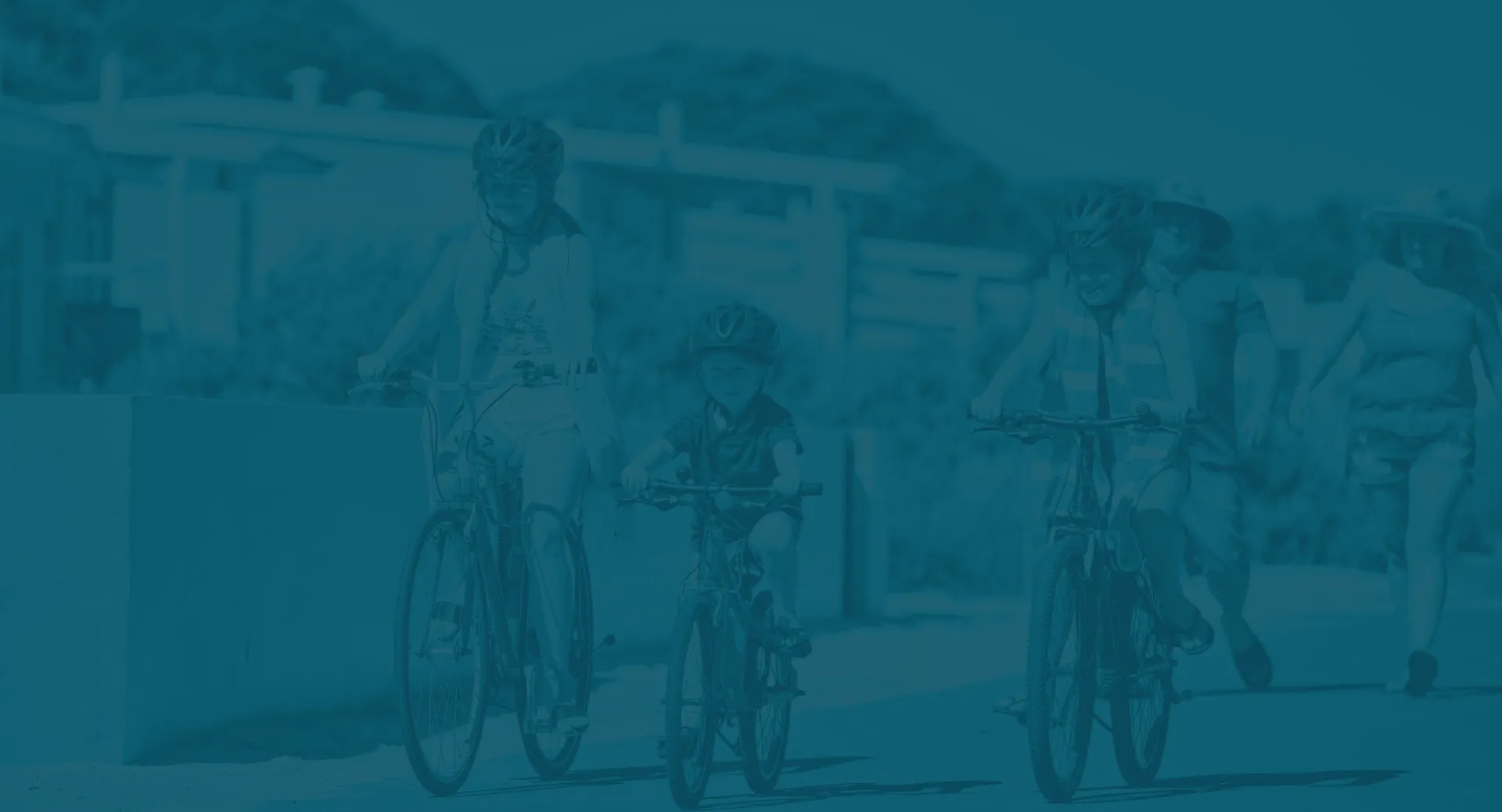

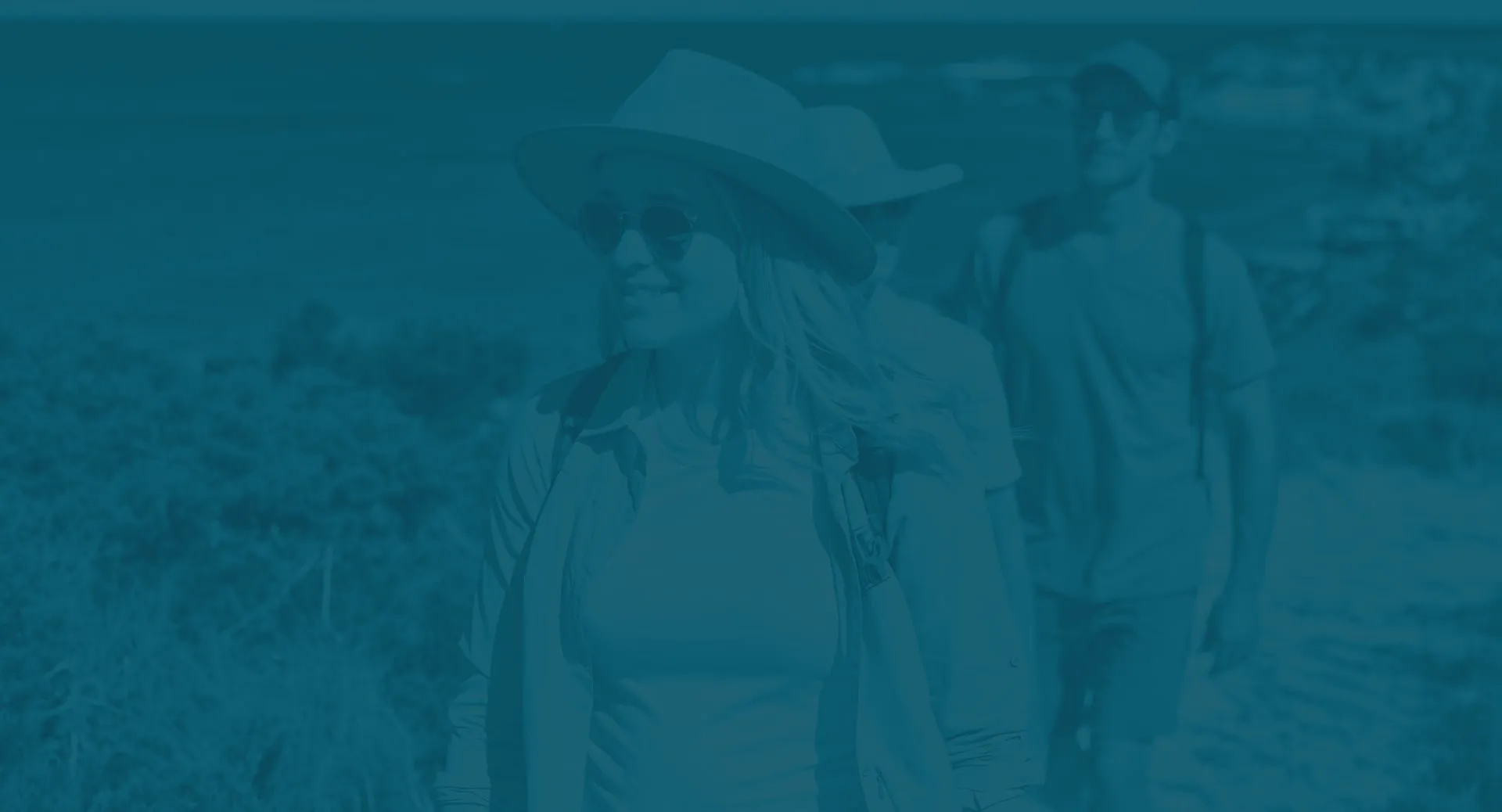
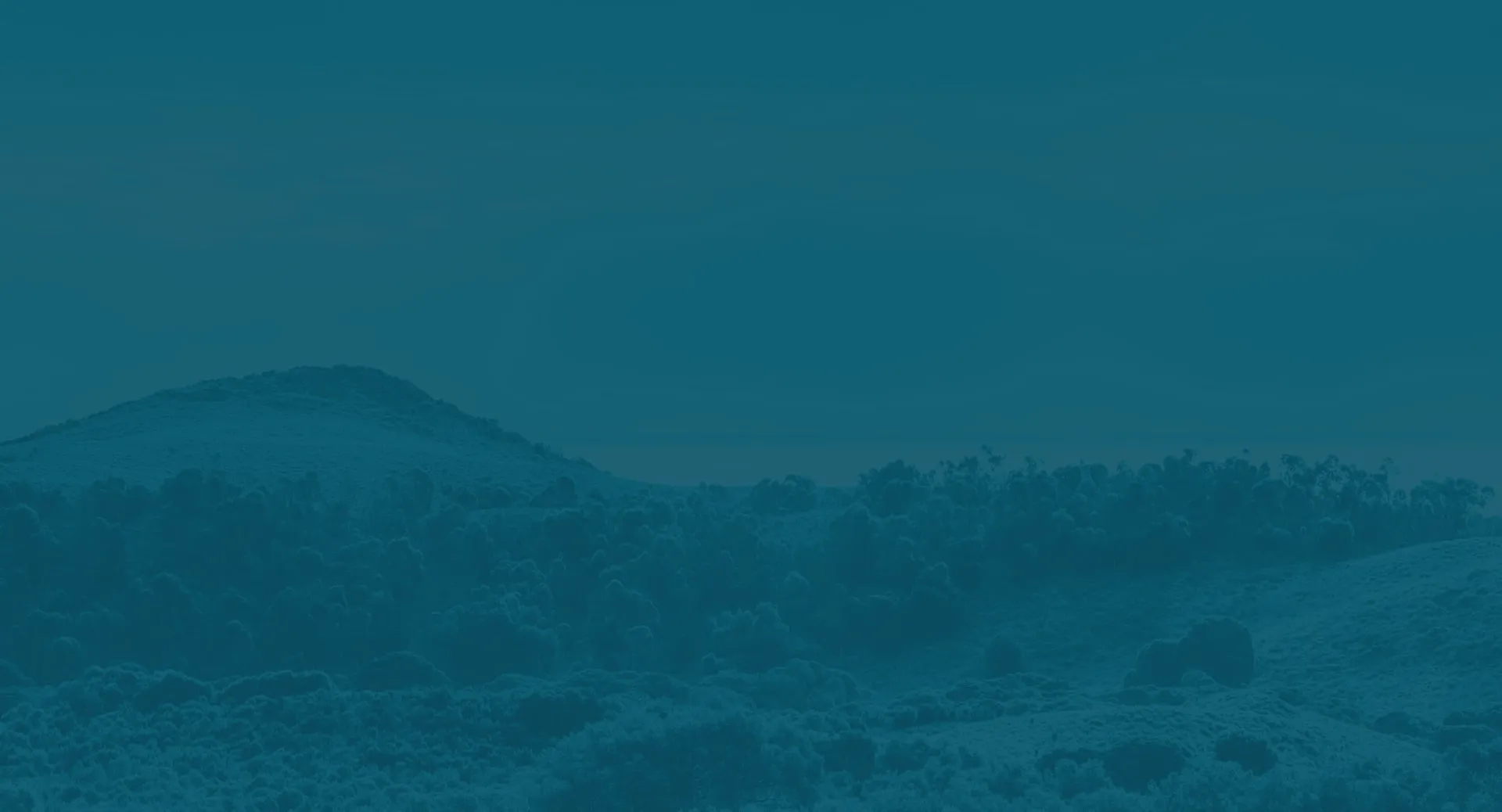

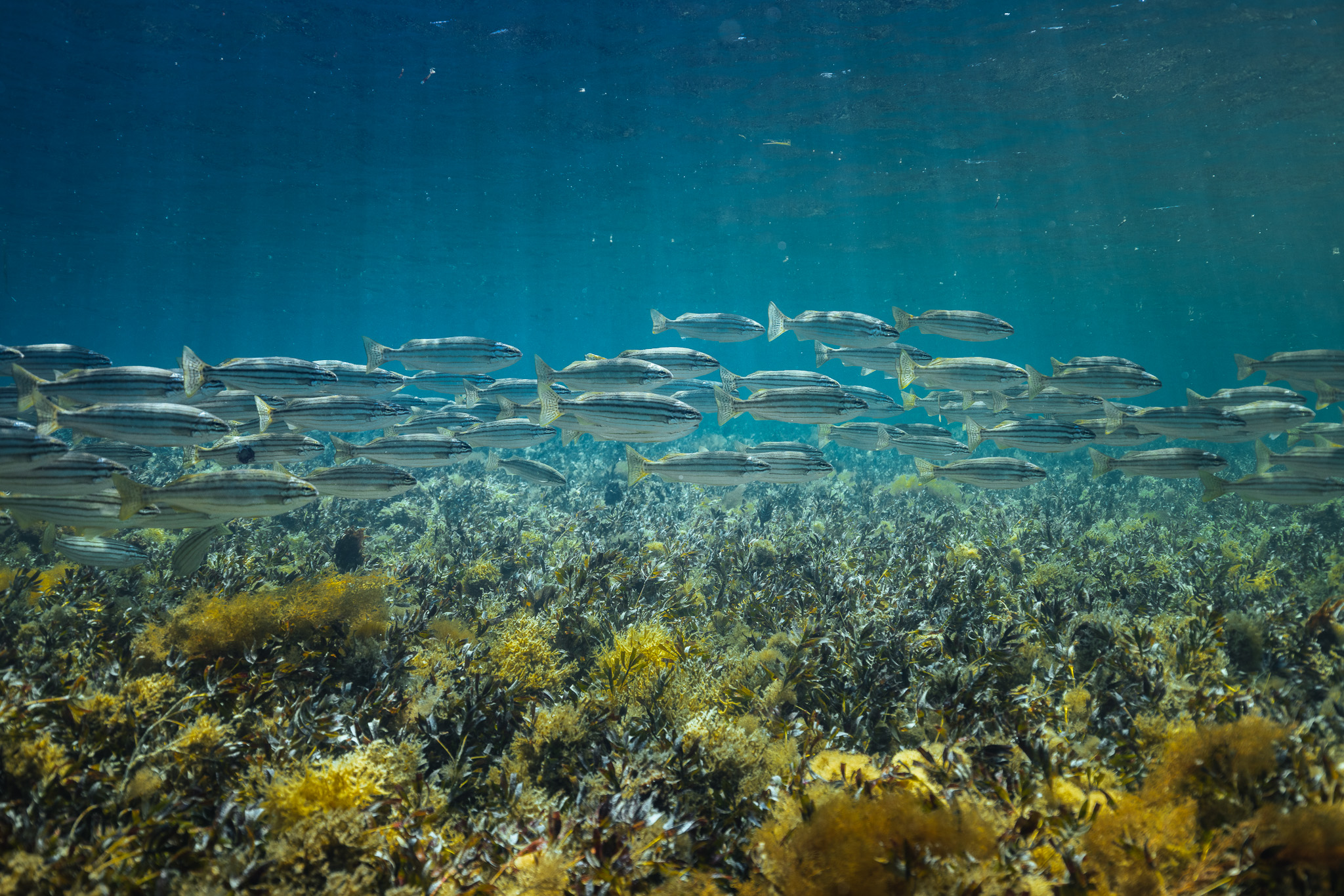
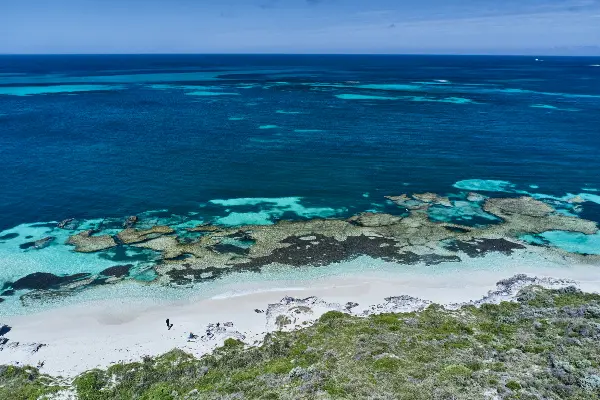
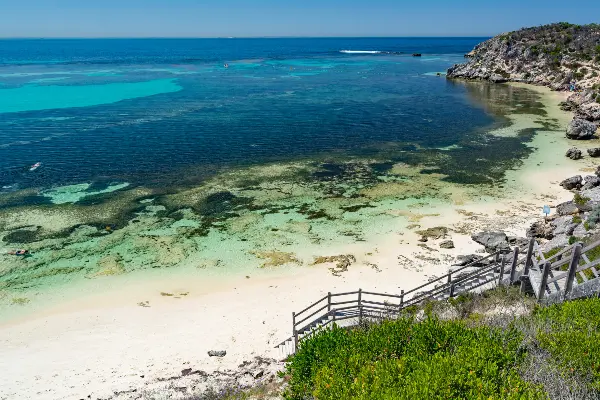
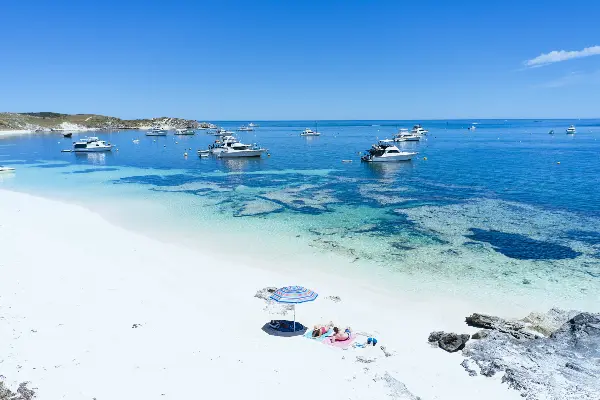
-130_lr.tmb-fallback.webp?Culture=en&sfvrsn=308a72a2_1)
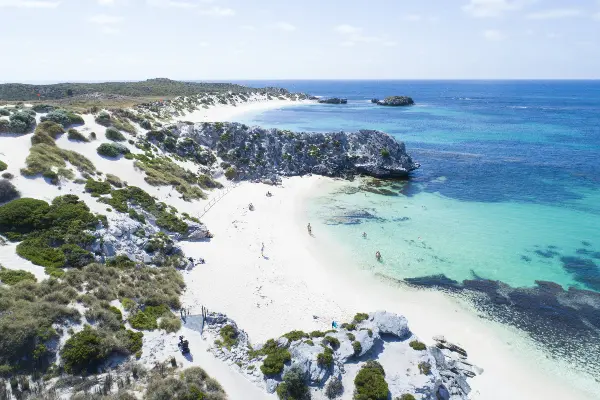

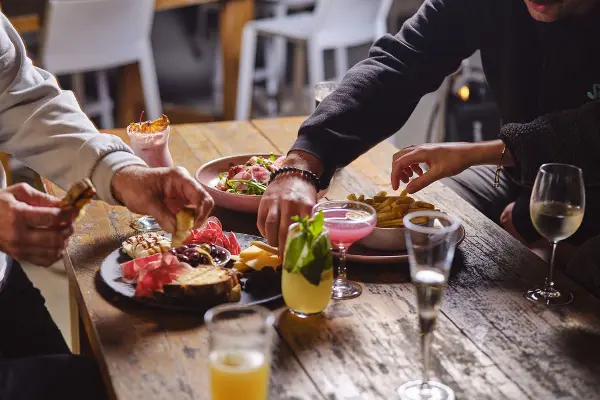
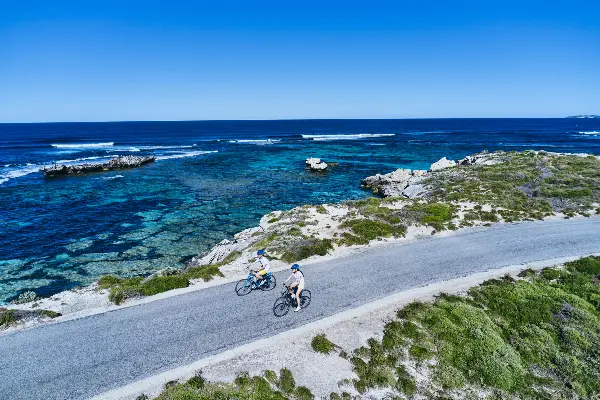
_low-res-180.tmb-fallback.webp?Culture=en&sfvrsn=e8f80bc1_1)
